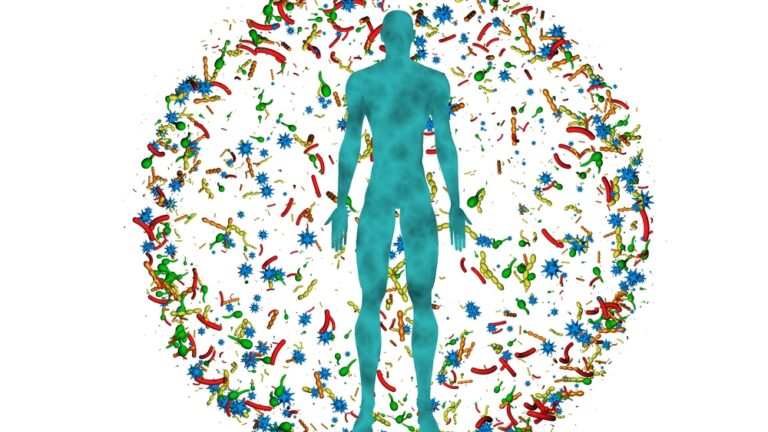Genetics isn’t the only reason for your height. An Israeli research team shows in a pioneering study that the environment in which one lives in the first year of life also determines an adult’s height.

Led by Professor Ze’ev Hochberg, of the Technion’s Rappaport Faculty of Medicine, and Dr. Alina German of Bnai Zion Hospital, together with researchers from Tel Aviv University and Haifa’s Regional Health Office, the team found that while genetics do have a significant role, so do environmental elements that include the environment in the womb, nutrition and health status in the first year of life, parents and family structure, and economic and emotional events.
“Following the genetics revolution, today it is customary to attribute our personal traits to the genes,” explains Prof. Hochberg. “Indeed, there is no doubt that many of our features are genetic. However, as can be seen in our study, environmental conditions have a very significant role – around 50 percent – in determining growth and height.”
The scientists report a range-difference between people who are tall or short to be about 10 inches in men and 9 inches in women. Half of the variation is set at a decisive growth stage – when the child transitions from infantile growth to childhood – and the new study shows that this part is due only to environmental conditions before birth and during infancy.
The researchers determined this phase transition in 162 sets of twins [56 pairs of identical twins (who have identical genes), 106 pairs of fraternal twins (who share only half their genes)], and 106 pairs of non-twin siblings, who also share half their genes.
“Studies on twins let us test the balance between genes and the environment,” says Prof. Hochberg. “The difference between identical and fraternal twins shows the impact of genetics. Here we discovered the remarkable power of the environment in shaping a person. This is called plasticity in human development, which means that environmental conditions such as mother and baby nutrition, social and family interactions, can influence our growth and height.
“Children who are born into and grow up in a malnourished environment will be shorter, and therefore require less food as they get older, while children born into a well-nourished environment will grow to be tall,” says Prof. Hochberg.
The research was published in the Journal of Pediatrics.
















